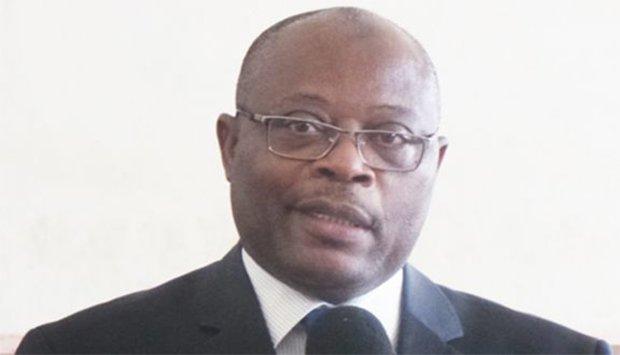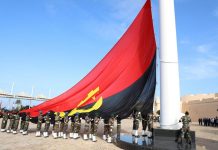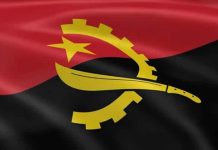Africa-Press – Angola. Governing entities, politicians and members of civil society defended greater promotion and dissemination of the historic Battle of Cuito Cuanavel, fought on March 23, 1988, against the apartheid regime, with a view to transmitting knowledge to younger generations.
Intervening in the act that marked the date, the vice-governor of Malanje for the Political, Economic and Social Sector, Domingos Eduardo, said that it is necessary for young people to know the history of the Battle of Cuito Cuanavale, to understand the path taken, the sacrifices consented and, above all, how we build the country’s development, in the context of Southern Africa.
He therefore considered it essential for the Provincial Education Office and the Former Combatants and Veterans of the Homeland to carry out actions such as, for example, a series of lectures in schools, for the dissemination of these and other relevant aspects of the history of Angola, in particular, of the Battle of Cuito Cuanavale.
Domingos Eduardo added that Angola’s recent history records one of the most remarkable achievements of “our time”, whose surroundings have to do with the struggle for the liberation of Africa, with a direct impact on the lives of the peoples and countries of the southern region of the continent. ” On March 23, 1988, the racist South African army abandoned the battlefield, as it was, at the time, completely defeated by the then FAPLA, losing the merit of invincibility and the feeling of belonging to the hegemony in the southern region of Africa. ”, recalled the lieutenant governor.
The provincial director of the Former Guerrillas of Angola, Miguel António, defended the need for the history of the Battle of Cuito Cuanavale to be studied in schools for greater promotion, dissemination and appreciation of its importance.
In turn, the deputy attorney general of the titular Republic of the province of Malanje, Francisca Rasgado, said that the history of the Battle of Cuito Cunavale is interesting, “hence it is necessary to publish it in books, with translation into several national languages, to their greater understanding and integration into communities.
The Deputy Attorney General suggested to the Government that the history of military and political achievements be inscribed on the tourist route, so that visitors know the trajectory that the country followed until achieving National Independence on 11 November 1975. Young people could also learn about the bravery of the Angolan fighters who defeated the racist South African army in the Battle of Cuito Cuanavale.
The superintendent, Rui Neto, said that March 23, 1988, today designated as Southern Africa Day, “is not a normal day, as it is a date on which brave combatants and patriotic citizens did their best to defend the country.” “It is necessary to honor the Day and its protagonists”, he concluded.
For More News And Analysis About Angola Follow Africa-Press






